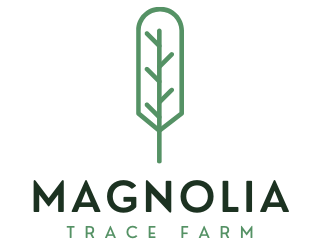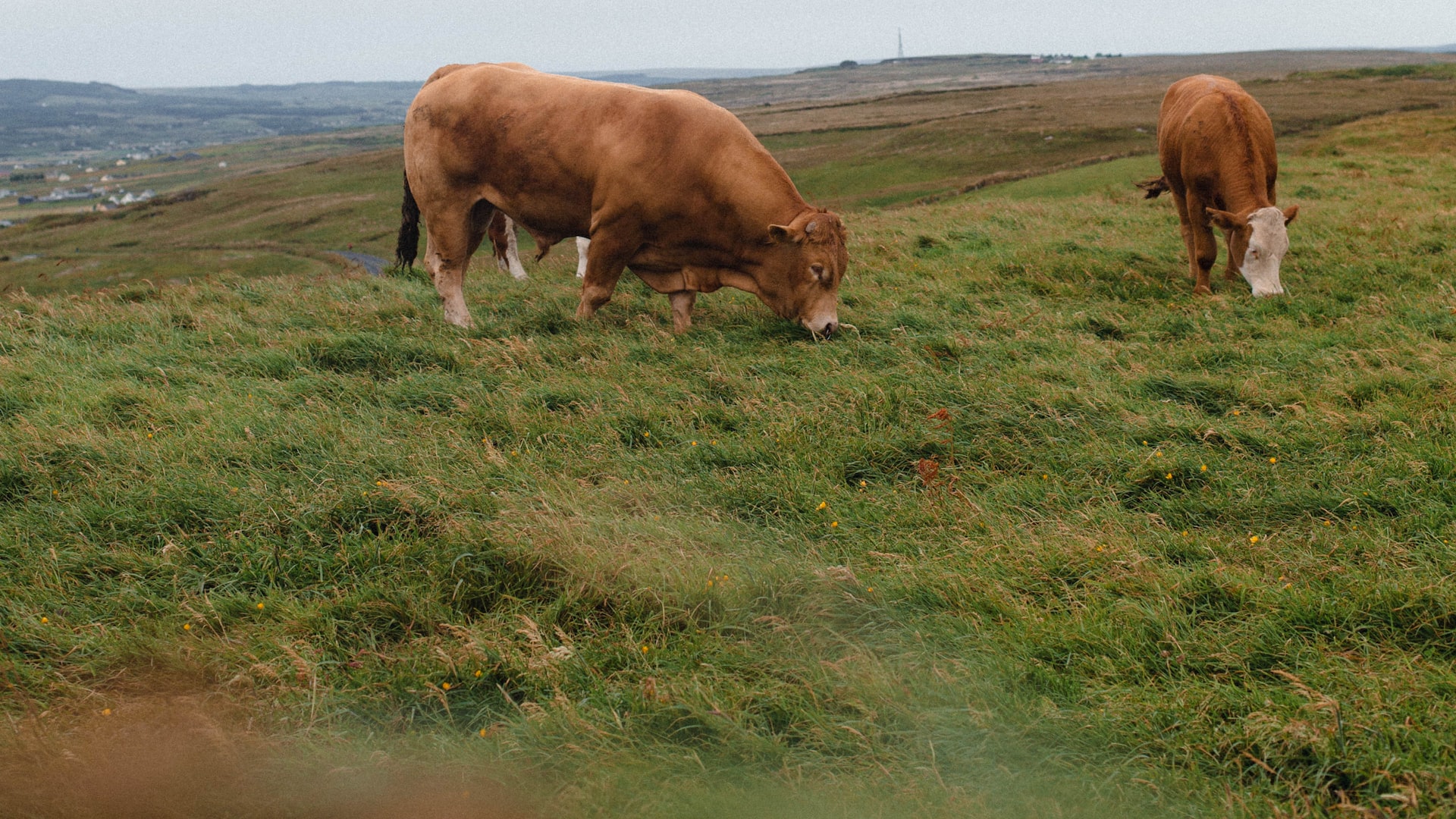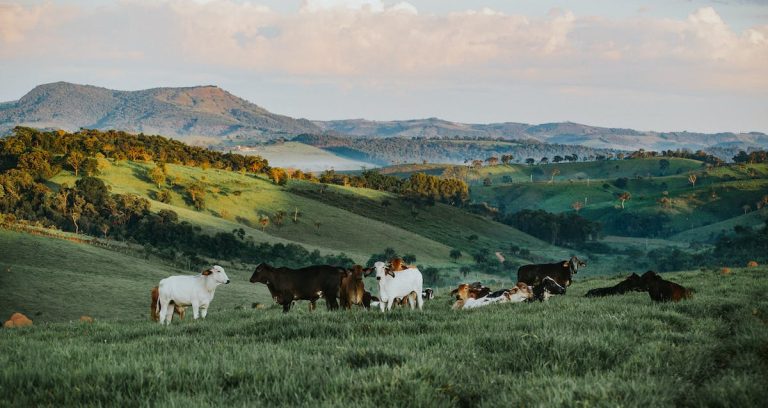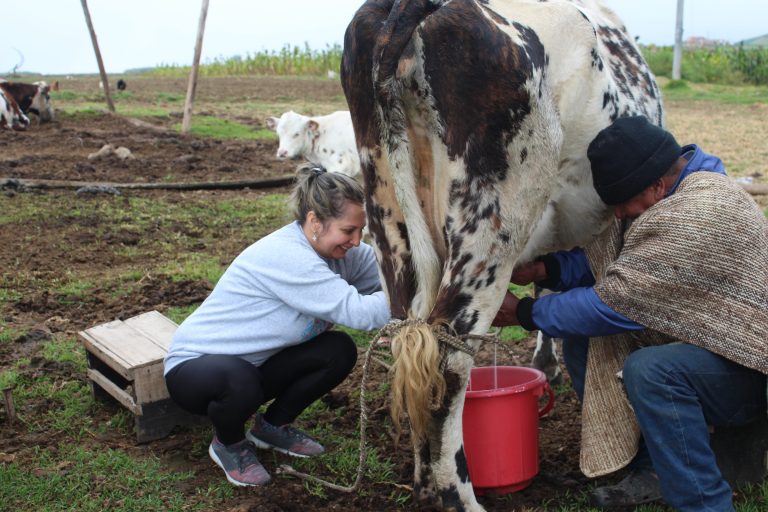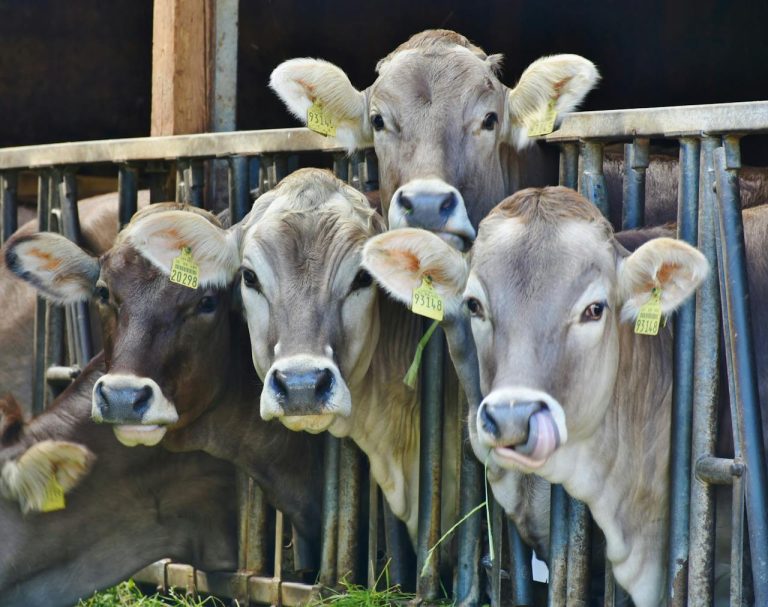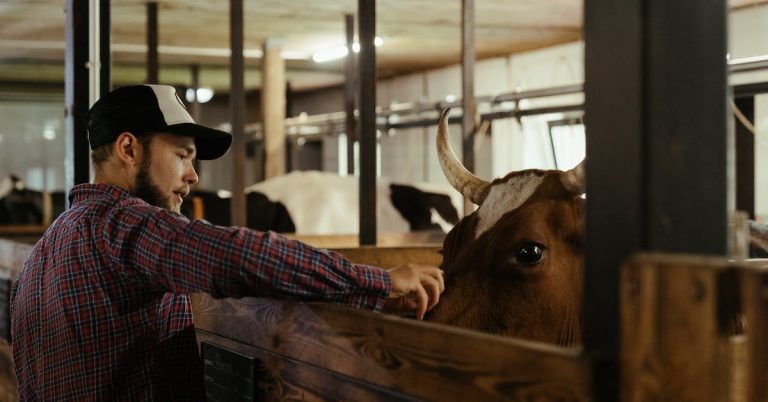5 Best Animal Husbandry Techniques To Ensuring Optimal Herd Management (2024)
Animal husbandry plays a crucial role in ensuring optimal herd management. It encompasses a range of practices aimed at promoting the health, well-being, and productivity of livestock.
By implementing effective animal husbandry techniques, cattle farmers can maintain a thriving herd that is resilient to diseases, productive in terms of meat and milk production, and overall profitable.
In this article, we will explore the best animal husbandry techniques to ensuring optimal herd management and how it contribute to the success of cattle farming.
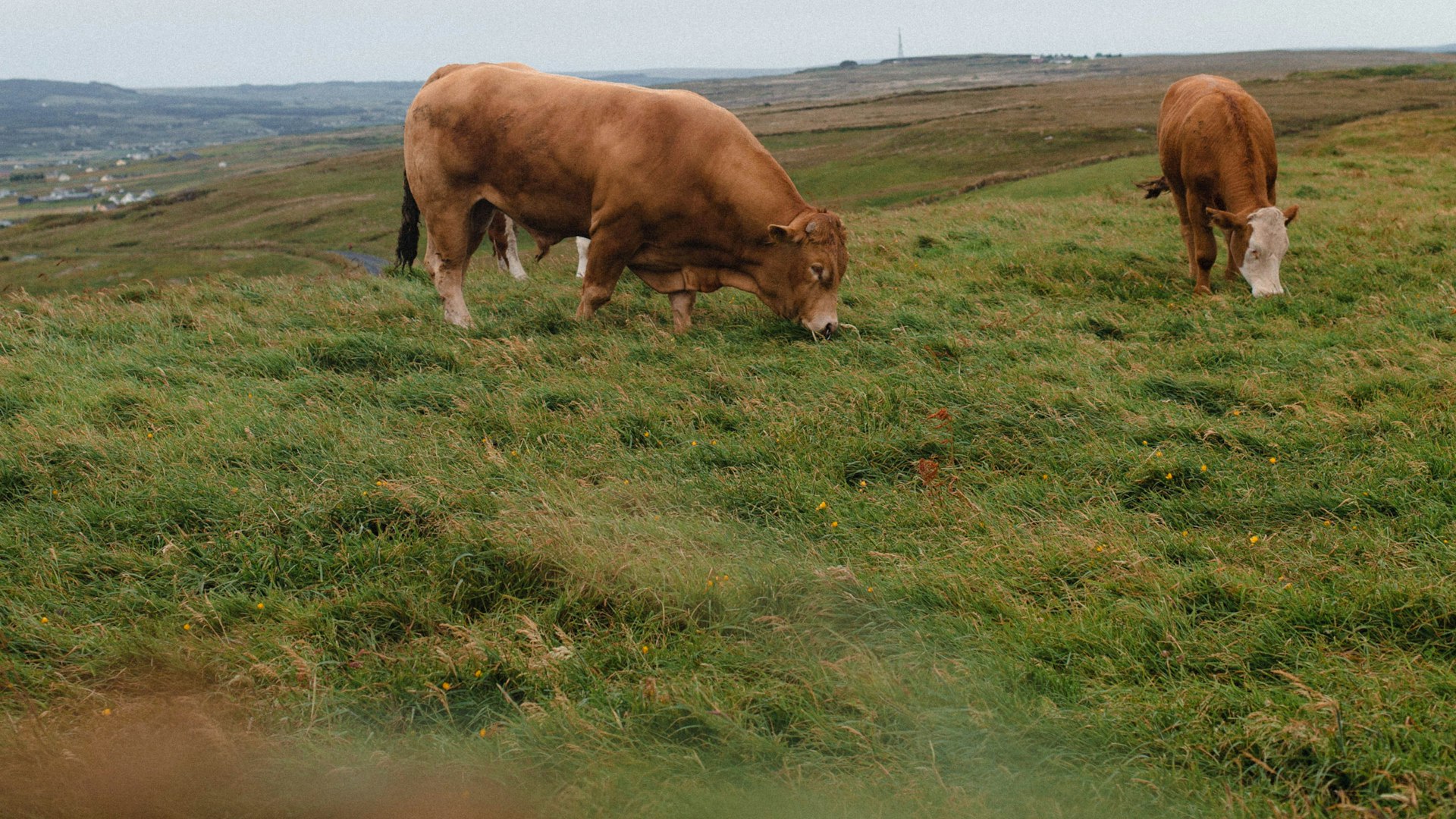
Understanding Animal Husbandry
Animal husbandry refers to the science and art of breeding, feeding, and caring for livestock. It involves a comprehensive approach to managing the health and well-being of animals, with the goal of maximizing their productivity.
Animal husbandry practices encompass various aspects, including nutrition, disease prevention, reproduction, and overall herd management.
One of the primary roles of animal husbandry is to maintain the health and productivity of the herd.
This involves regular monitoring of the animals, implementing vaccination programs, providing appropriate nutrition, and ensuring proper housing and sanitation.
By practicing effective animal husbandry, farmers can prevent diseases, detect health issues early on, and take necessary measures to mitigate any potential risks.
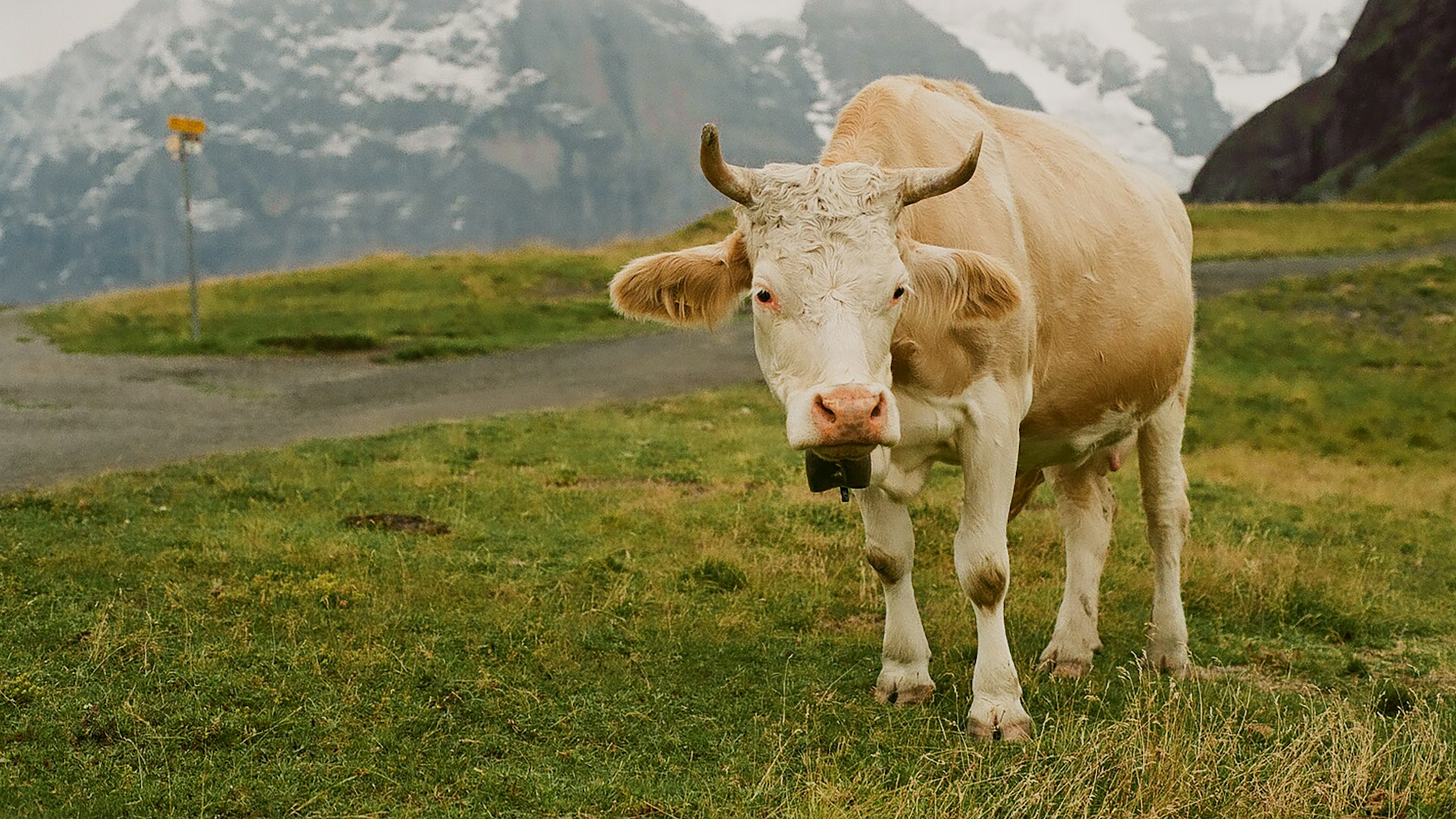
Ranch Management and Animal Husbandry
Ranch management encompasses the overall management of a cattle farm, including land and resource management, financial planning, and operational strategies.
Animal husbandry techniques are an integral part of ranch management, as they directly impact the health and productivity of the herd.
Integrating animal husbandry practices into ranch management involves implementing strategies to optimize the health and well-being of the animals.
This includes providing proper nutrition through well-balanced diets, ensuring access to clean water, and creating suitable housing and grazing environments.
Additionally, regular monitoring and record-keeping are essential for effective ranch management, allowing farmers to track the health and performance of individual animals and make informed decisions.
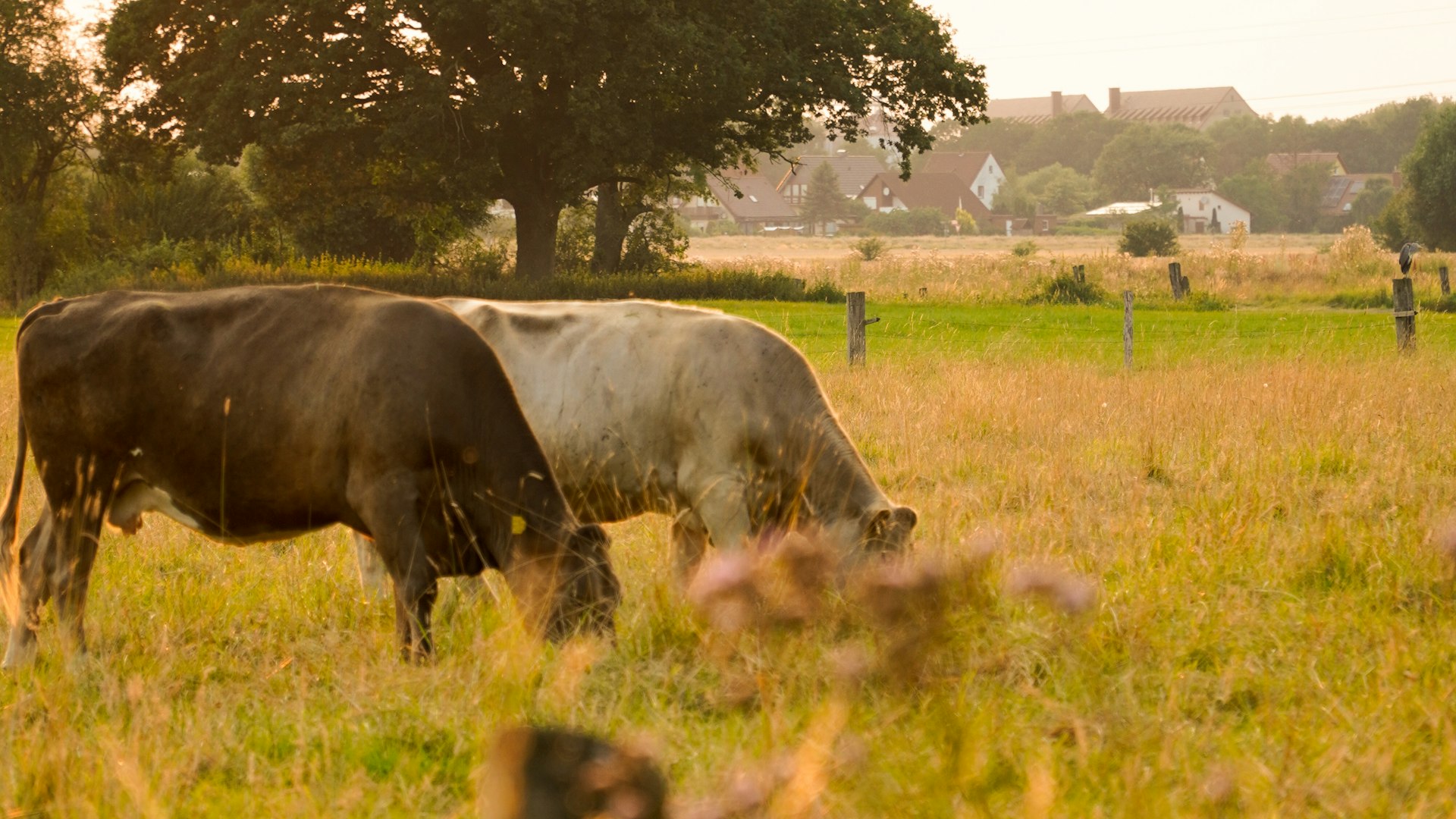
Cattle Management and Animal Husbandry
Cattle management involves the day-to-day care and handling of cattle, focusing on their nutrition, health, and overall well-being. Animal husbandry practices play a vital role in ensuring effective cattle management.
Key aspects of cattle management include providing a balanced diet that meets their nutritional requirements, ensuring access to clean water, and creating a comfortable and safe environment.
Animal husbandry techniques such as regular health check-ups, vaccination programs, and parasite control measures are crucial for preventing diseases and maintaining the overall health of the herd.
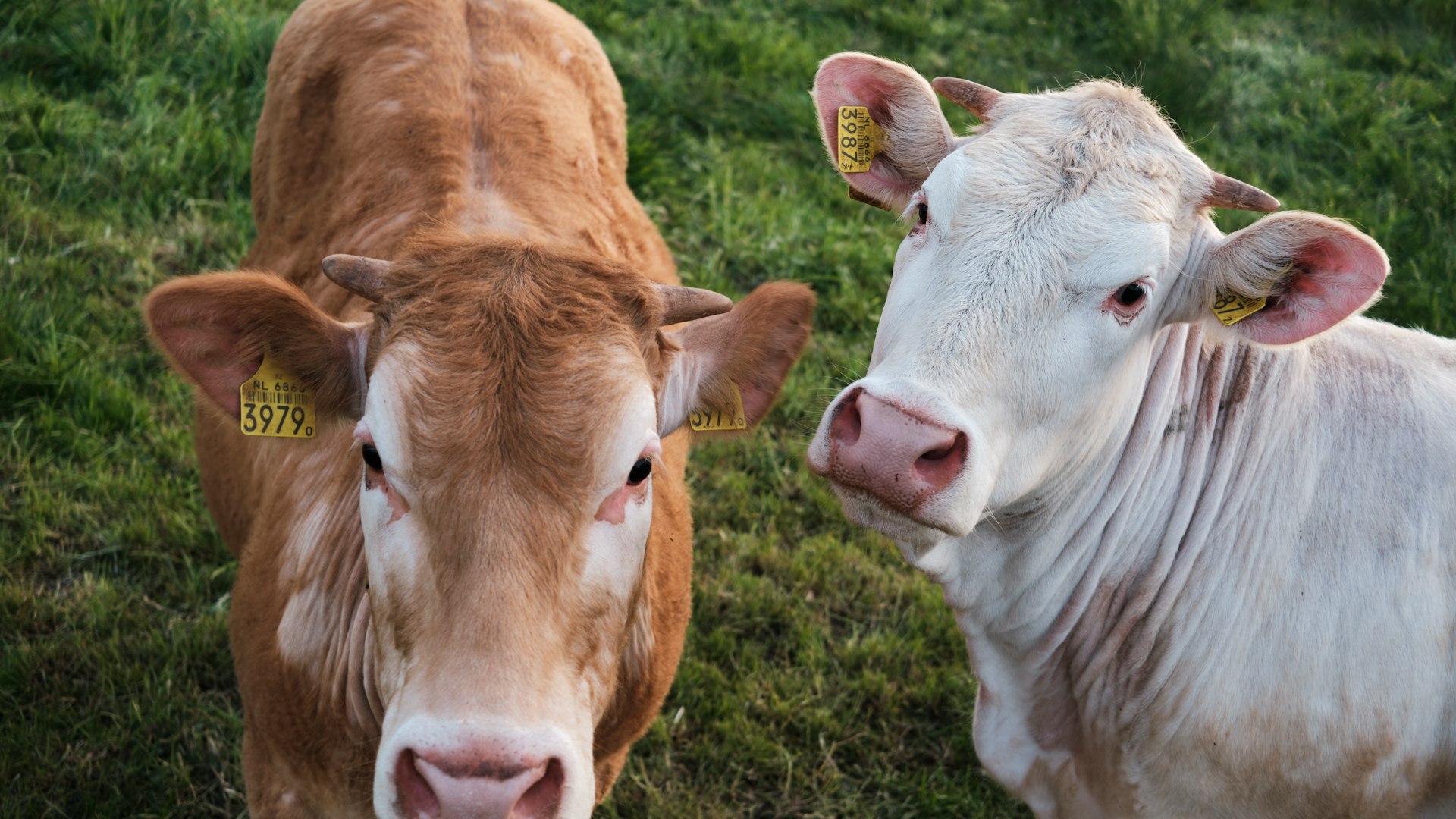
Pasture Management and Animal Husbandry
Pasture management is an essential component of animal husbandry, particularly for cattle farming. Proper pasture management ensures the availability of nutritious forage for the herd, which directly impacts their health and productivity.
The importance of pasture management in animal husbandry cannot be overstated. It involves techniques such as rotational grazing, soil fertility management, weed control, and regular monitoring of pasture conditions.

Livestock Management and Animal Husbandry
Livestock management encompasses the broader management of various types of livestock, including cattle, sheep, goats, and pigs. Animal husbandry principles are applicable to all types of livestock and play a crucial role in their overall management.
Animal husbandry practices contribute to the success of livestock management by ensuring the health, well-being, and productivity of the animals.
This includes implementing proper nutrition plans, disease prevention measures, reproductive management, and overall herd health monitoring.
By practicing effective animal husbandry, farmers can optimize the performance of their livestock and achieve sustainable and profitable farming operations.
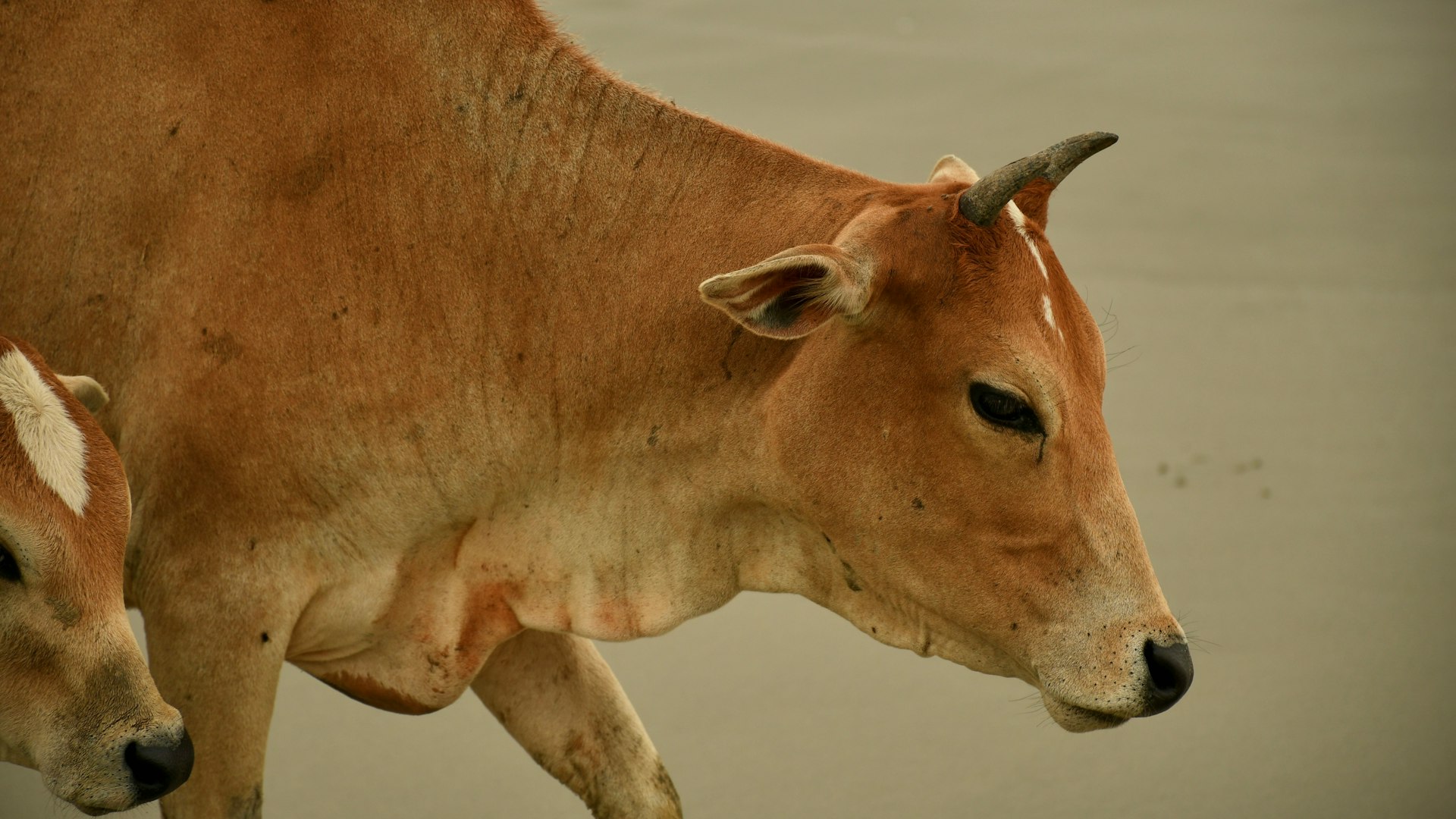
Conclusion
Animal husbandry is of utmost importance in ensuring optimal herd management. By implementing effective animal husbandry practices, cattle farmers can maintain a healthy and productive herd that is resilient to diseases, efficient in terms of meat and milk production, and overall profitable.
From understanding the principles of animal husbandry to integrating them into ranch and cattle management, every aspect contributes to the success of cattle farming.
By prioritizing animal husbandry, farmers can ensure the well-being of their animals and achieve long-term sustainability in their operations.
Frequently Asked Questions (FAQ)
- What is the role of animal husbandry in preventing diseases in cattle?
- How does pasture management contribute to the overall well-being of the herd?
- What are some common challenges faced in cattle management and how can animal husbandry help overcome them?
- Can you provide examples of successful ranch management strategies that incorporate animal husbandry principles?
- How does livestock management differ from cattle management, and how does animal husbandry play a role in both?
